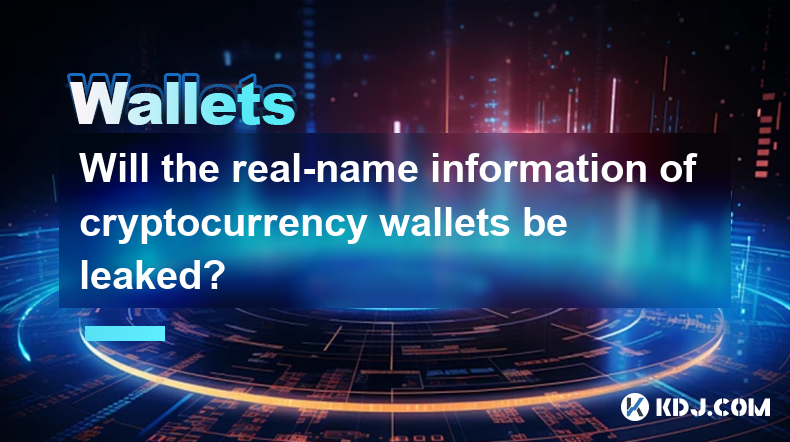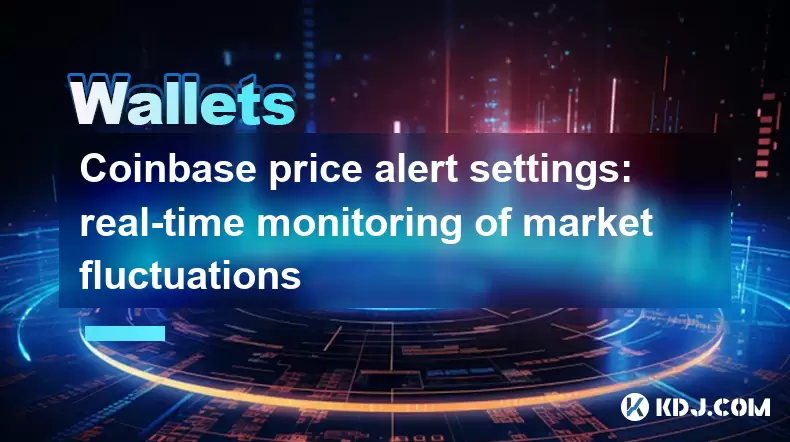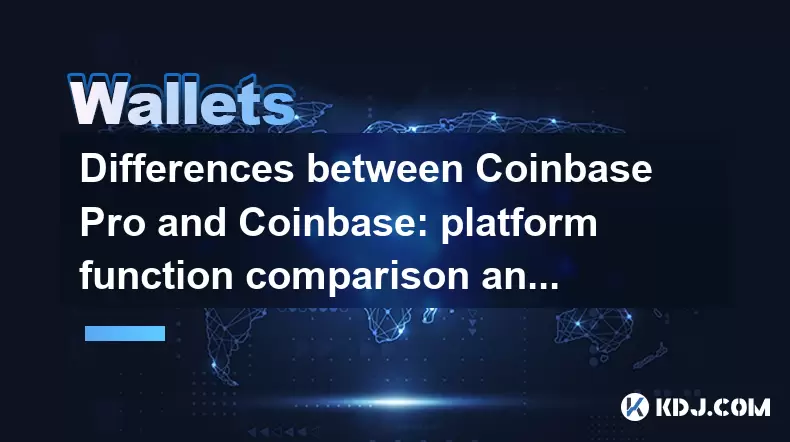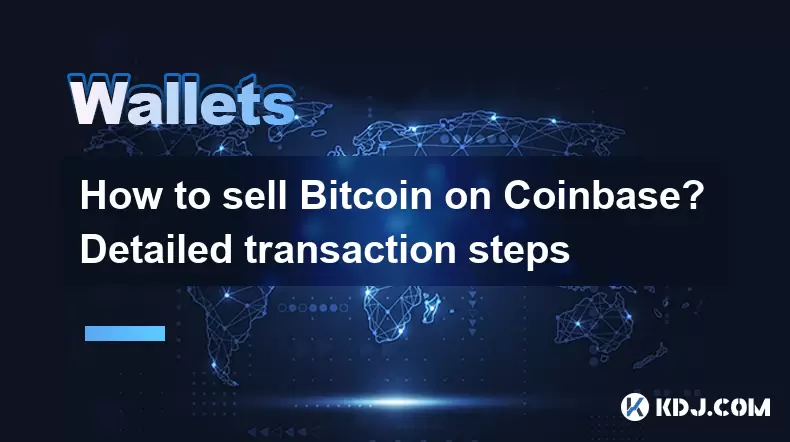-
 Bitcoin
Bitcoin $108,165.4587
0.78% -
 Ethereum
Ethereum $2,456.3517
1.15% -
 Tether USDt
Tether USDt $1.0003
0.00% -
 XRP
XRP $2.1934
0.05% -
 BNB
BNB $650.0935
0.52% -
 Solana
Solana $151.3905
2.69% -
 USDC
USDC $0.9998
0.00% -
 TRON
TRON $0.2751
-0.32% -
 Dogecoin
Dogecoin $0.1640
0.87% -
 Cardano
Cardano $0.5631
0.57% -
 Hyperliquid
Hyperliquid $38.7115
4.69% -
 Bitcoin Cash
Bitcoin Cash $493.1868
-0.39% -
 Sui
Sui $2.8217
3.61% -
 Chainlink
Chainlink $13.3994
2.08% -
 UNUS SED LEO
UNUS SED LEO $9.1632
0.94% -
 Avalanche
Avalanche $18.0318
1.97% -
 Stellar
Stellar $0.2388
0.35% -
 Toncoin
Toncoin $2.8763
1.41% -
 Shiba Inu
Shiba Inu $0.0...01160
1.59% -
 Litecoin
Litecoin $86.6393
1.29% -
 Hedera
Hedera $0.1485
0.16% -
 Monero
Monero $315.7948
1.56% -
 Polkadot
Polkadot $3.4240
1.88% -
 Bitget Token
Bitget Token $4.6314
-0.44% -
 Dai
Dai $0.9998
-0.01% -
 Ethena USDe
Ethena USDe $1.0002
-0.01% -
 Uniswap
Uniswap $7.2110
2.59% -
 Aave
Aave $270.6087
6.07% -
 Pi
Pi $0.5350
0.52% -
 Pepe
Pepe $0.0...09545
1.26%
Will the real-name information of cryptocurrency wallets be leaked?
Real-name info from crypto wallets can leak due to hacks, phishing, or breaches; use strong security and privacy-focused wallets to mitigate risks.
Apr 03, 2025 at 04:15 am

The topic of whether the real-name information of cryptocurrency wallets can be leaked is a significant concern for many users in the crypto community. Cryptocurrency wallets, by design, aim to offer a level of anonymity and security. However, various factors can potentially lead to the exposure of personal information. Understanding the mechanisms behind wallet security, the risks involved, and the measures users can take to protect their data is crucial. This article delves into these aspects to provide a comprehensive overview of the potential for real-name information leaks from cryptocurrency wallets.
Understanding Cryptocurrency Wallets and Anonymity
Cryptocurrency wallets are digital tools that allow users to store, send, and receive cryptocurrencies. They come in various forms, such as software wallets, hardware wallets, and paper wallets. The level of anonymity provided by these wallets can vary significantly. Software wallets, often accessible via the internet or mobile apps, may require users to provide some form of identification during setup or transactions. Hardware wallets offer a higher level of security and anonymity since they are offline devices. Paper wallets are the most anonymous, as they are physical documents containing public and private keys.
Risks of Real-Name Information Leaks
Several risks can lead to the leakage of real-name information associated with cryptocurrency wallets. One primary risk is hacking and cyberattacks. Malicious actors can target wallet providers or exchanges to steal user data, including real-name information. Phishing attacks are another common method used to trick users into revealing their personal information. Additionally, regulatory compliance can force wallet providers to collect and potentially expose real-name information. For instance, some countries require Know Your Customer (KYC) and Anti-Money Laundering (AML) compliance, which necessitates the collection of personal data.
Case Studies of Data Breaches
Several high-profile data breaches have occurred in the cryptocurrency space, highlighting the vulnerability of real-name information. In 2019, Coinbase, one of the largest cryptocurrency exchanges, experienced a data breach that exposed the personal information of over 30,000 users. Similarly, in 2020, Ledger, a popular hardware wallet provider, suffered a data breach that compromised the personal data of over a million users. These incidents demonstrate that even reputable companies in the crypto industry are not immune to data breaches, and users must remain vigilant.
Measures to Protect Real-Name Information
To mitigate the risk of real-name information leaks, users can take several proactive measures:
- Use strong, unique passwords for each wallet and enable two-factor authentication (2FA) wherever possible.
- Avoid using public Wi-Fi when accessing your wallet or making transactions, as these networks can be easily compromised.
- Regularly update wallet software to ensure you have the latest security patches.
- Use privacy-focused wallets such as Wasabi Wallet or Samourai Wallet, which offer enhanced anonymity features.
- Be cautious of phishing attempts and never share personal information or private keys with anyone.
- Consider using a VPN to mask your IP address when accessing your wallet online.
The Role of Decentralized Wallets
Decentralized wallets, often referred to as non-custodial wallets, offer a higher degree of control over personal data. Unlike centralized exchanges, which may collect and store personal information, decentralized wallets allow users to manage their private keys without third-party involvement. This reduces the risk of real-name information leaks since there is no centralized database to hack. Examples of decentralized wallets include MetaMask and Trust Wallet. By using decentralized wallets, users can enhance their privacy and security, although they must also take responsibility for safeguarding their private keys.
Regulatory Impact on Wallet Privacy
Regulatory frameworks can significantly impact the privacy of cryptocurrency wallets. In regions with stringent KYC and AML regulations, wallet providers are often required to collect and store real-name information. This can lead to potential data leaks if the provider's security measures are breached. For instance, the European Union's Fifth Anti-Money Laundering Directive (5AMLD) mandates that crypto service providers collect and verify customer identities. While these regulations aim to prevent illegal activities, they also increase the risk of personal data exposure. Users in such regions must be particularly cautious and consider using wallets that comply with local regulations while offering robust security features.
The Future of Wallet Security and Privacy
The future of cryptocurrency wallet security and privacy is likely to involve ongoing advancements in technology and regulatory frameworks. Zero-knowledge proofs and homomorphic encryption are emerging technologies that could enhance wallet privacy by allowing transactions to be verified without revealing personal information. Additionally, the development of self-sovereign identity systems could enable users to control their own data and selectively share it with wallet providers. As the crypto industry continues to evolve, staying informed about new security technologies and regulatory changes will be crucial for protecting real-name information.
User Responsibility in Protecting Data
Ultimately, the responsibility for protecting real-name information falls on the user. While wallet providers and exchanges can implement robust security measures, users must also take proactive steps to safeguard their data. This includes regularly updating software, using strong passwords, and being vigilant against phishing attempts. Educating oneself about the risks and best practices in the cryptocurrency space is essential. By combining user diligence with advanced security technologies, the risk of real-name information leaks can be significantly reduced.
Common Questions Related to Cryptocurrency Wallet Real-Name Information Leaks
Q: Can my real-name information be leaked from a cryptocurrency wallet?
A: Yes, real-name information can be leaked from a cryptocurrency wallet due to hacking, phishing attacks, or data breaches at wallet providers or exchanges. However, using strong security practices and privacy-focused wallets can mitigate these risks.
Q: How can I protect my real-name information in a cryptocurrency wallet?
A: To protect your real-name information, use strong, unique passwords, enable two-factor authentication, avoid public Wi-Fi, regularly update wallet software, use privacy-focused wallets, be cautious of phishing attempts, and consider using a VPN.
Q: What are the differences between centralized and decentralized wallets regarding privacy?
A: Centralized wallets, often provided by exchanges, may collect and store personal information due to regulatory requirements, increasing the risk of data breaches. Decentralized wallets allow users to manage their private keys without third-party involvement, reducing the risk of real-name information leaks.
Q: How do regulations affect the privacy of cryptocurrency wallets?
A: Regulations like KYC and AML can force wallet providers to collect and store real-name information, increasing the risk of data leaks. Users in regions with stringent regulations must be cautious and use wallets that comply with local laws while offering strong security features.
Q: What technologies are being developed to enhance wallet privacy?
A: Emerging technologies such as zero-knowledge proofs, homomorphic encryption, and self-sovereign identity systems are being developed to enhance wallet privacy by allowing transactions to be verified without revealing personal information and enabling users to control their own data.
Disclaimer:info@kdj.com
The information provided is not trading advice. kdj.com does not assume any responsibility for any investments made based on the information provided in this article. Cryptocurrencies are highly volatile and it is highly recommended that you invest with caution after thorough research!
If you believe that the content used on this website infringes your copyright, please contact us immediately (info@kdj.com) and we will delete it promptly.
- Bitcoin: A Lifeline Against Authoritarian Regimes and a Strategic Asset?
- 2025-06-29 22:30:12
- Elementary, My Dear Collector: Sherlock Holmes 50p Coins on eBay!
- 2025-06-29 22:30:12
- New Coin Disappearing Fast: The Price Impact of Angry Pepe Fork
- 2025-06-29 22:35:12
- Tron vs. Dogecoin: A Cryptocurrency Showdown in 2025
- 2025-06-29 22:50:12
- Ethereum, DeFi, and Cryptocurrency: Navigating the Evolving Landscape
- 2025-06-29 23:07:14
- Bitcoin Acquisition Strategy: From Saylor's Playbook to London's Crypto Craze
- 2025-06-29 23:30:12
Related knowledge

Coinbase price alert settings: real-time monitoring of market fluctuations
Jun 29,2025 at 07:00am
Setting Up Coinbase Price AlertsTo begin real-time monitoring of market fluctuations on Coinbase, users can utilize the built-in price alert feature. This function allows you to receive notifications when a cryptocurrency reaches a specific price point. To access this setting, open the Coinbase app or log in via the web platform. Navigate to the 'Prices...

How to stake cryptocurrencies on Coinbase? Benefits and risks
Jun 27,2025 at 06:36pm
Understanding Cryptocurrency Staking on CoinbaseStaking cryptocurrencies involves locking up digital assets to support the operations of a blockchain network, typically in return for rewards. Coinbase, one of the most popular cryptocurrency exchanges globally, offers staking services for several proof-of-stake (PoS) coins. Users can stake their holdings...

Differences between Coinbase Pro and Coinbase: platform function comparison and analysis
Jun 29,2025 at 08:21am
Overview of Coinbase and Coinbase ProWhen exploring the cryptocurrency trading landscape, users often encounter two platforms under the same parent company: Coinbase and Coinbase Pro. While both are operated by the same organization, they cater to different types of users and offer varying features. Coinbase is primarily designed for beginners and casua...

How to contact Coinbase customer service? Support channels and response times
Jun 28,2025 at 01:29pm
Contacting Coinbase Customer Service: Support Channels and Response TimesIf you're a user of Coinbase, reaching their customer service team may become necessary for various reasons, such as account verification issues, transaction disputes, or technical difficulties. Understanding the different support channels available and what to expect in terms of r...

Coinbase advanced trading function usage tutorial: limit orders and market orders
Jun 28,2025 at 09:07pm
Understanding the Difference Between Limit Orders and Market OrdersWhen using Coinbase's advanced trading features, it is crucial to understand the fundamental difference between limit orders and market orders. A market order executes immediately at the best available price on the market. This type of order ensures that your trade goes through quickly, ...

How to sell Bitcoin on Coinbase? Detailed transaction steps
Jun 29,2025 at 04:22am
Setting Up Your Coinbase Account for TransactionsBefore you can sell Bitcoin on Coinbase, you must ensure your account is fully set up and verified. Coinbase requires identity verification to comply with regulatory standards. This process involves uploading a government-issued ID, confirming your address, and sometimes submitting a selfie holding the ID...

Coinbase price alert settings: real-time monitoring of market fluctuations
Jun 29,2025 at 07:00am
Setting Up Coinbase Price AlertsTo begin real-time monitoring of market fluctuations on Coinbase, users can utilize the built-in price alert feature. This function allows you to receive notifications when a cryptocurrency reaches a specific price point. To access this setting, open the Coinbase app or log in via the web platform. Navigate to the 'Prices...

How to stake cryptocurrencies on Coinbase? Benefits and risks
Jun 27,2025 at 06:36pm
Understanding Cryptocurrency Staking on CoinbaseStaking cryptocurrencies involves locking up digital assets to support the operations of a blockchain network, typically in return for rewards. Coinbase, one of the most popular cryptocurrency exchanges globally, offers staking services for several proof-of-stake (PoS) coins. Users can stake their holdings...

Differences between Coinbase Pro and Coinbase: platform function comparison and analysis
Jun 29,2025 at 08:21am
Overview of Coinbase and Coinbase ProWhen exploring the cryptocurrency trading landscape, users often encounter two platforms under the same parent company: Coinbase and Coinbase Pro. While both are operated by the same organization, they cater to different types of users and offer varying features. Coinbase is primarily designed for beginners and casua...

How to contact Coinbase customer service? Support channels and response times
Jun 28,2025 at 01:29pm
Contacting Coinbase Customer Service: Support Channels and Response TimesIf you're a user of Coinbase, reaching their customer service team may become necessary for various reasons, such as account verification issues, transaction disputes, or technical difficulties. Understanding the different support channels available and what to expect in terms of r...

Coinbase advanced trading function usage tutorial: limit orders and market orders
Jun 28,2025 at 09:07pm
Understanding the Difference Between Limit Orders and Market OrdersWhen using Coinbase's advanced trading features, it is crucial to understand the fundamental difference between limit orders and market orders. A market order executes immediately at the best available price on the market. This type of order ensures that your trade goes through quickly, ...

How to sell Bitcoin on Coinbase? Detailed transaction steps
Jun 29,2025 at 04:22am
Setting Up Your Coinbase Account for TransactionsBefore you can sell Bitcoin on Coinbase, you must ensure your account is fully set up and verified. Coinbase requires identity verification to comply with regulatory standards. This process involves uploading a government-issued ID, confirming your address, and sometimes submitting a selfie holding the ID...
See all articles

























































































